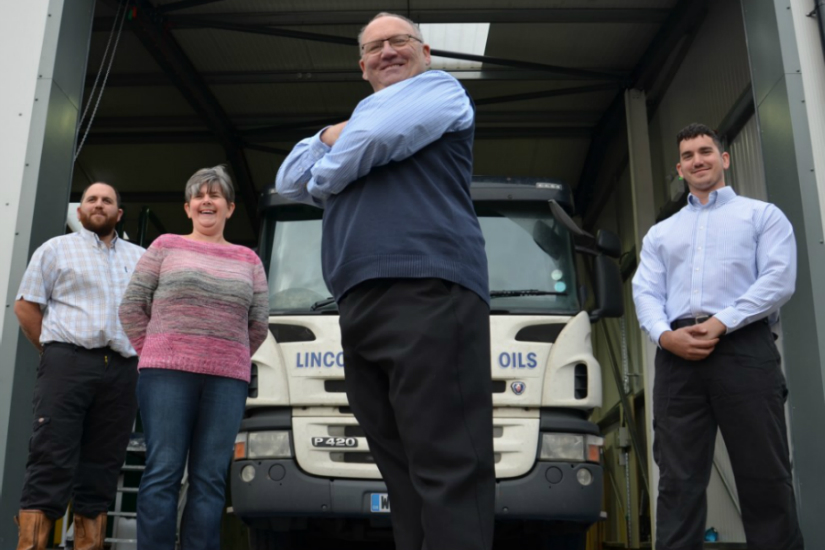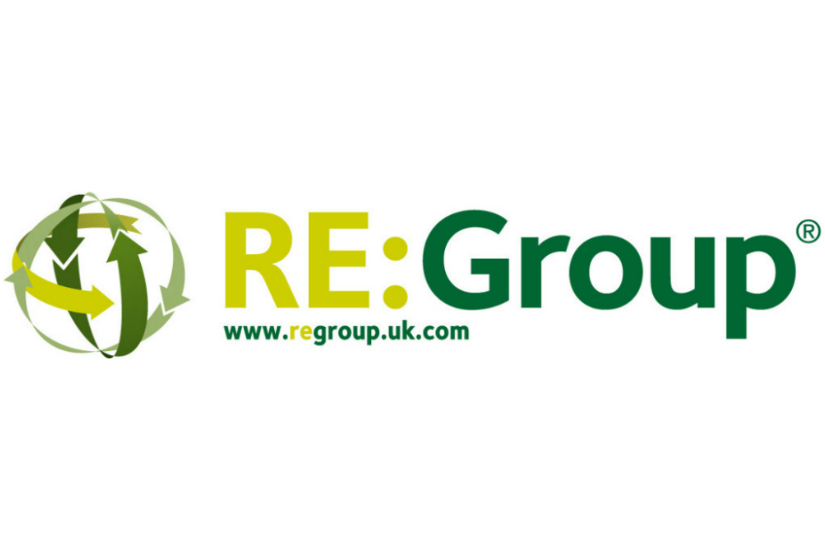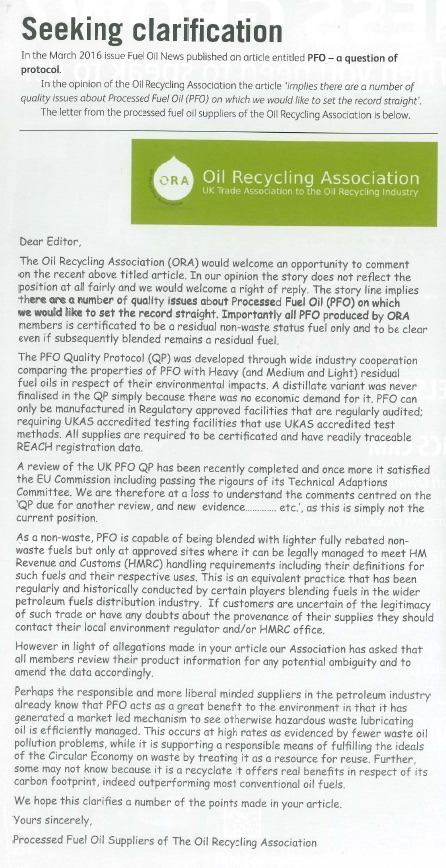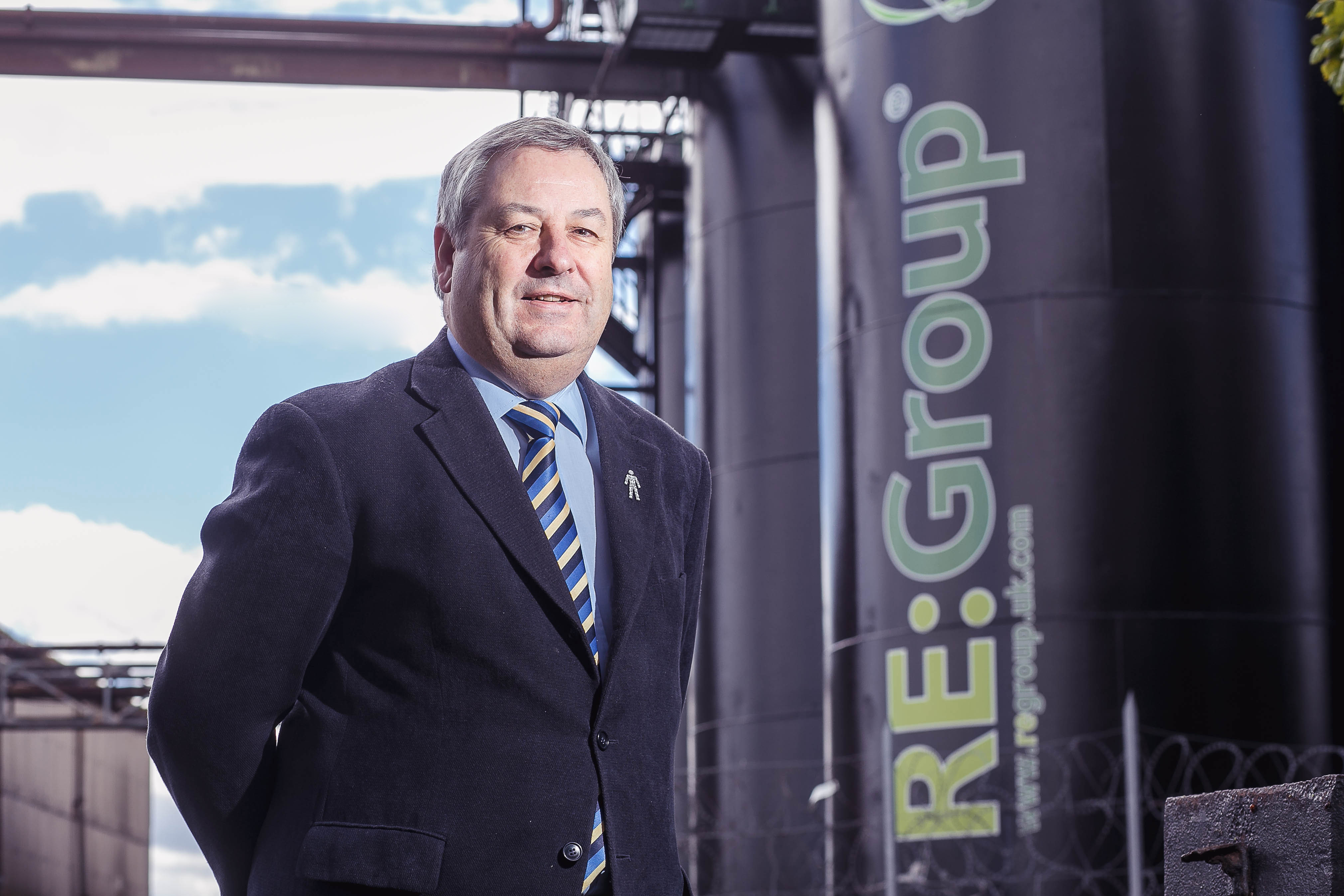
RE:Group provides safe home for garage waste
Following legislation that effectively ends the use of used oil in garage SWOBs, the demand for waste collection is growing.
Acting as a one-stop-shop, RE:Group provides the answer for all business sizes, from one-man bands to dealerships and large chains, that are looking for a safe home for their waste.
Proving bona fide hazardous waste and recycling services, we can pick up everything. We collect waste oil in quantities from as little as 20 litres plus brake fluid, batteries, fluorescent lighting, used oil filters, antifreeze and oily rags. We can empty interceptors and bunds.
All this is achieved safely, efficiently, with respect to the environment and at competitive prices.
The government’s decision to revoke permits for the use of small waste oil burners (SWOBs) was announced in December 2015 and their use became illegal on April 1 unless garages obtained an expensive waste incineration plant permit, costing £3,218 for the application plus four-figure annual subsistence fees.
The decision raised concerns that illegal dumping and burning of waste oil could increase despite the hefty penalties enshrined in the legislation.
For all those responsible users looking for a safe home for their waste, RE:Group is the answer.
“The changes to the regulations have prove controversial, but we can help customers meet all obligations set by the Environment Agency with a range of bespoke agreements that cover all their waste products,” says Phil Evans, RE:Group commercial director.





